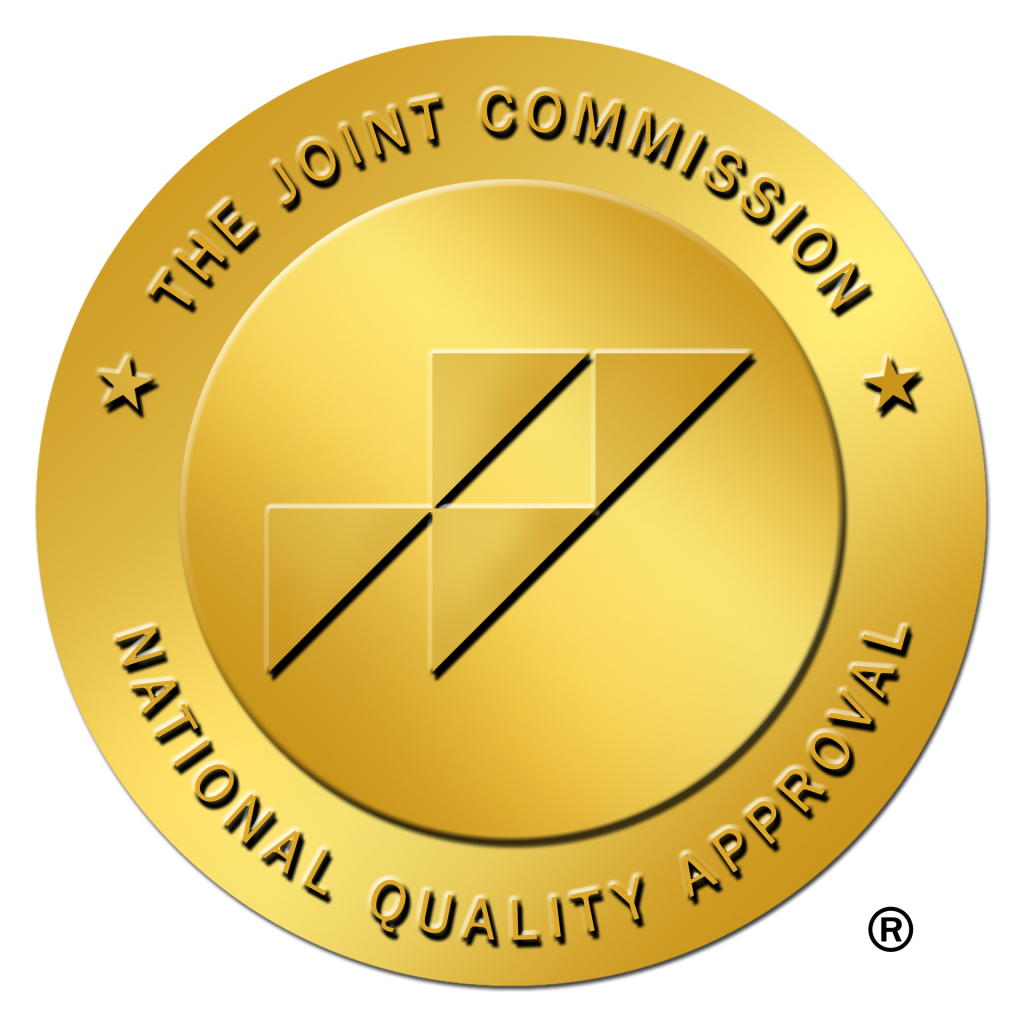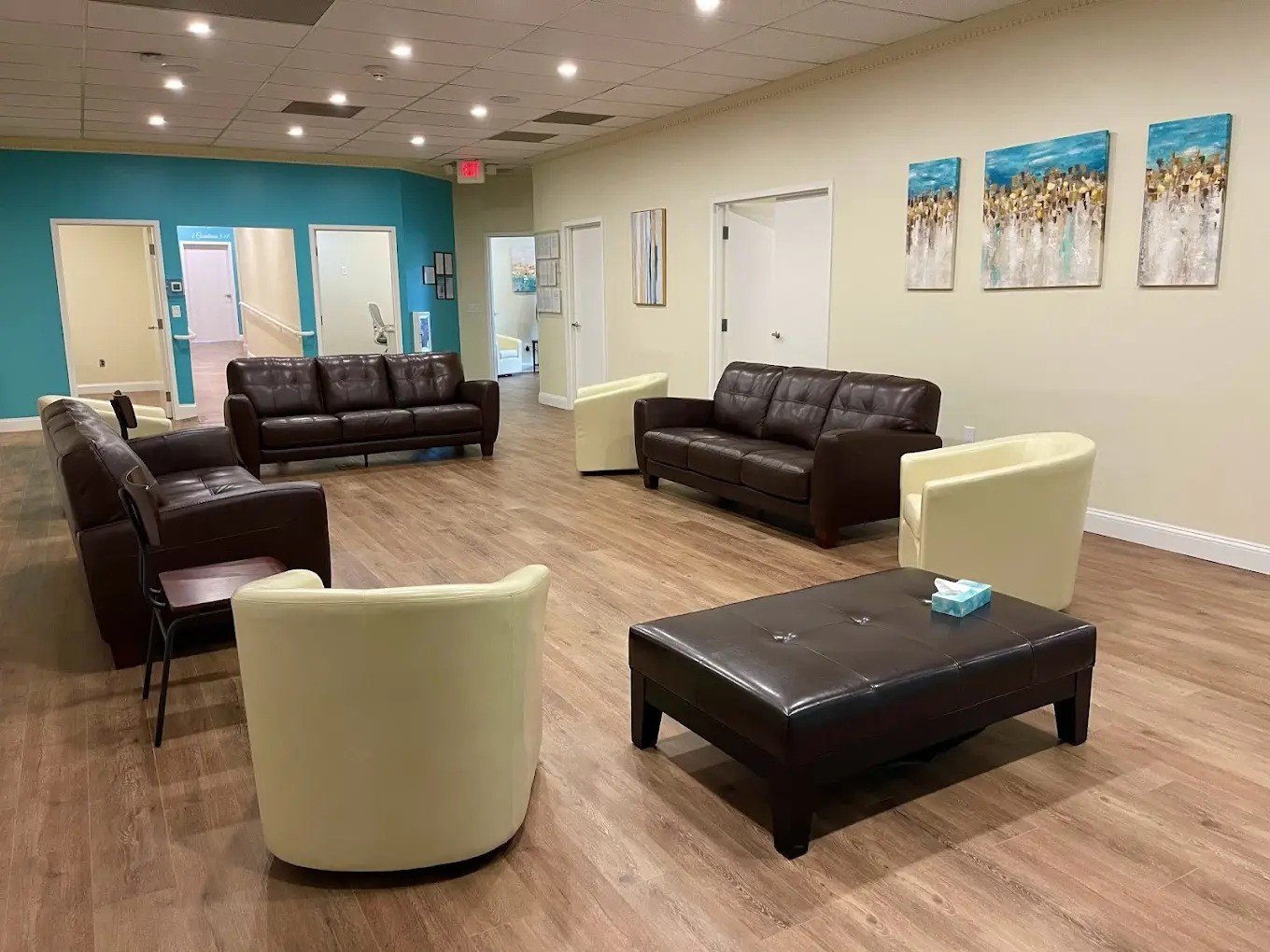anxiety and addiction treatment nj – Resources
Anxiety And Addiction Treatment Nj
Anxiety Disorders and Substance Use: Understanding and Treating Co-occurring Disorders
At New Chapter Recovery, located in Parsippany-Troy Hills, New Jersey, we understand the intricate connection between anxiety disorders and substance use disorders. These co-occurring disorders can significantly impact an individual’s quality of life, and addressing them requires a comprehensive, evidence-based approach.
Understanding Anxiety Disorders
Anxiety disorders encompass a variety of conditions that can affect how individuals process emotions and behave. Some common forms include:
- Generalized Anxiety Disorder (GAD): Characterized by chronic and excessive worry about everyday issues.
- Social Anxiety Disorder: Involves significant anxiety and discomfort about being embarrassed or judged in social interactions.
- Panic Disorder: Features sudden episodes of intense fear and physical symptoms, often without a clear trigger.
- Obsessive-Compulsive Disorder (OCD): Involves unwanted recurring thoughts (obsessions) and repetitive behaviors (compulsions).
- Post-Traumatic Stress Disorder (PTSD): Results from experiencing or witnessing a traumatic event.
Substance Use Disorders
Substance use disorders can develop from using various substances, leading to a complex web of psychological and physical dependencies:
- Alcohol Use Disorder: Chronic consumption of alcohol despite its adverse effects on one’s life.
- Opioid Use Disorder: Dependency on prescription opioids or illicit substances like fentanyl and heroin.
- Cocaine Use Disorder: The compulsive use of cocaine leading to significant impairment or distress.
- Stimulant Use Disorder: Involves misuse of substances like methamphetamines or prescription stimulants.
- Cannabis Use Disorder: Dependency on marijuana, affecting daily functioning and decision-making.
Recognizing Co-occurring Disorders
Co-occurring disorders refer to the simultaneous presence of mental health issues, such as anxiety disorders, and substance use disorders. These conditions often exacerbate each other, making treatment more challenging yet essential for recovery.
Our Approach to Dual Diagnosis Treatment
At New Chapter Recovery, we take pride in our integrated dual diagnosis model. We believe that treating both the mental health and substance use disorder concurrently is crucial for achieving long-term recovery. Here’s how we approach treatment:
Behavioral Therapies
Our center offers a range of behavioral therapies including:
- Cognitive-Behavioral Therapy (CBT): Helps clients identify and change negative thought patterns and behaviors.
- Dialectical Behavior Therapy (DBT): Focuses on emotional regulation, distress tolerance, and interpersonal effectiveness.
- Motivational Interviewing: Aims to enhance an individual’s motivation to change by exploring and resolving ambivalence.
Medication-Assisted Treatment
For certain substance use disorders, especially opioid and alcohol use disorders, medication-assisted treatment (MAT) can be crucial. It combines medications with counseling and behavioral therapies to provide a holistic approach to recovery.
Therapy Options
We offer a variety of therapy options to support our clients, including:
- Individual Therapy: Provides a personalized approach to address specific concerns and goals.
- Group Therapy: Offers peer support and collective wisdom to aid recovery.
- Family Therapy: Engages family members in the recovery process to heal and rebuild relationships.
Holistic Therapies
Recognizing the value of a well-rounded approach, we also incorporate holistic therapies such as animal-assisted therapy. These therapies aim to support overall wellbeing and provide additional coping mechanisms for stress reduction.
Relapse Prevention Strategies
Our programs incorporate important relapse prevention strategies, offering clients tools to manage triggers and cravings, thus maintaining sobriety long-term.
Aftercare and Outpatient Services
Transitioning from treatment back to daily life can be challenging. Our structured Partial Hospitalization Program (PHP) and Intensive Outpatient Program (IOP) allow clients to return home each night, facilitating a smoother reintegration into their communities. Additionally, our Outpatient Program (OP) provides step-down care, helping clients focus on long-term recovery goals while maintaining work and family responsibilities.
Supportive Admission Process
We prioritize accessibility and support through our fast confidential admissions and dedicated insurance verification services. Our admissions team is ready to assist with free assessments and same-day admissions, ensuring clients can begin their recovery journey without delay.
Commitment to Lasting Recovery
We are dedicated to clinical rigor and quality care that yields measurable outcomes. With individualized treatment plans and therapeutic modalities tailored to each client, our goal is to foster lasting sobriety, enabling clients to live fulfilling lives free of the constraints of anxiety and addiction.
Additional Resources:
Inpatient Alcohol Detox
Inpatient alcohol detox is a specialized program designed to help individuals safely withdraw from alcohol. This article explores the benefits of inpatient alcohol detox and how it can help those struggling with alcohol addiction. Call today 1-844-262-8137 Inpatient Drug Detox Center






